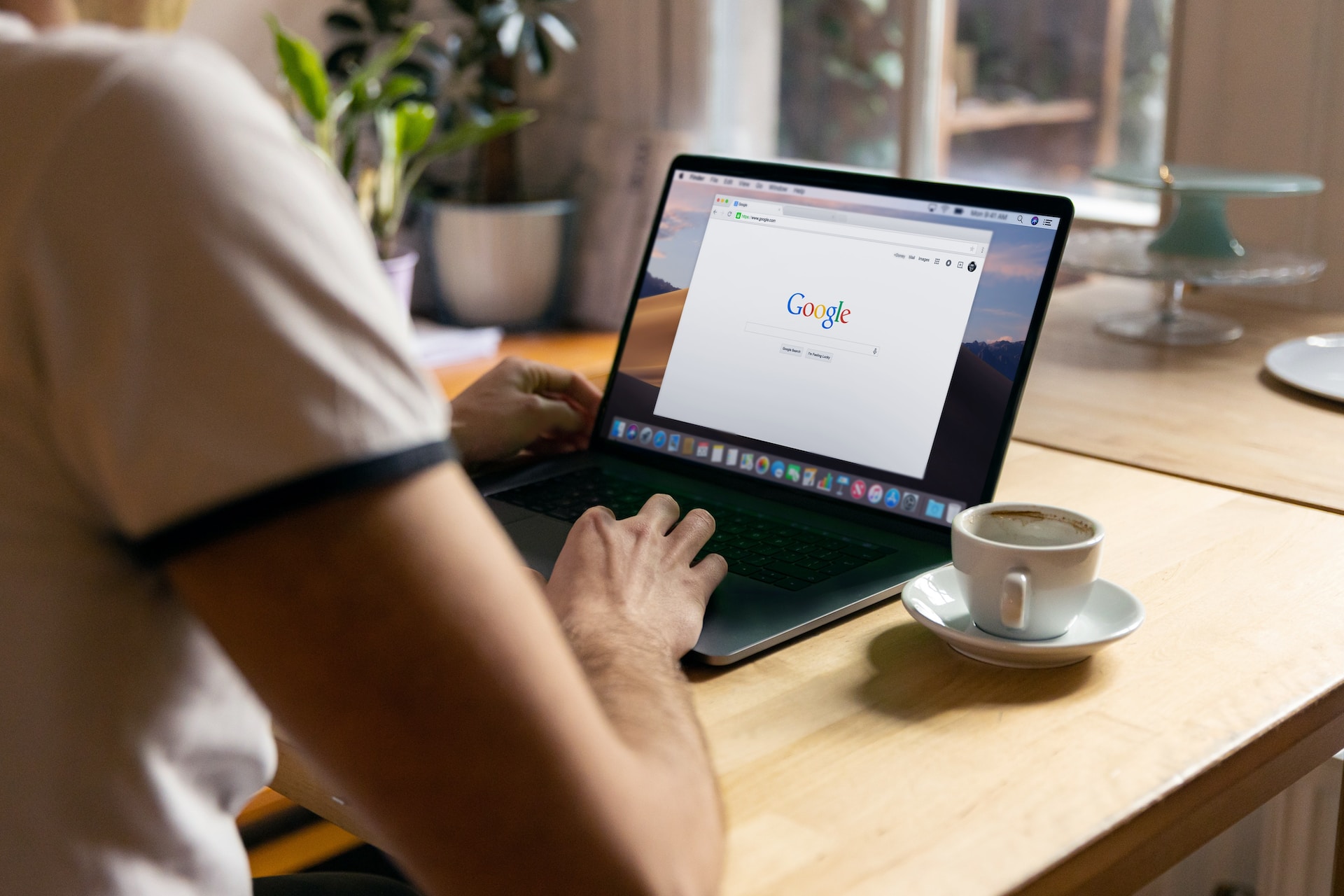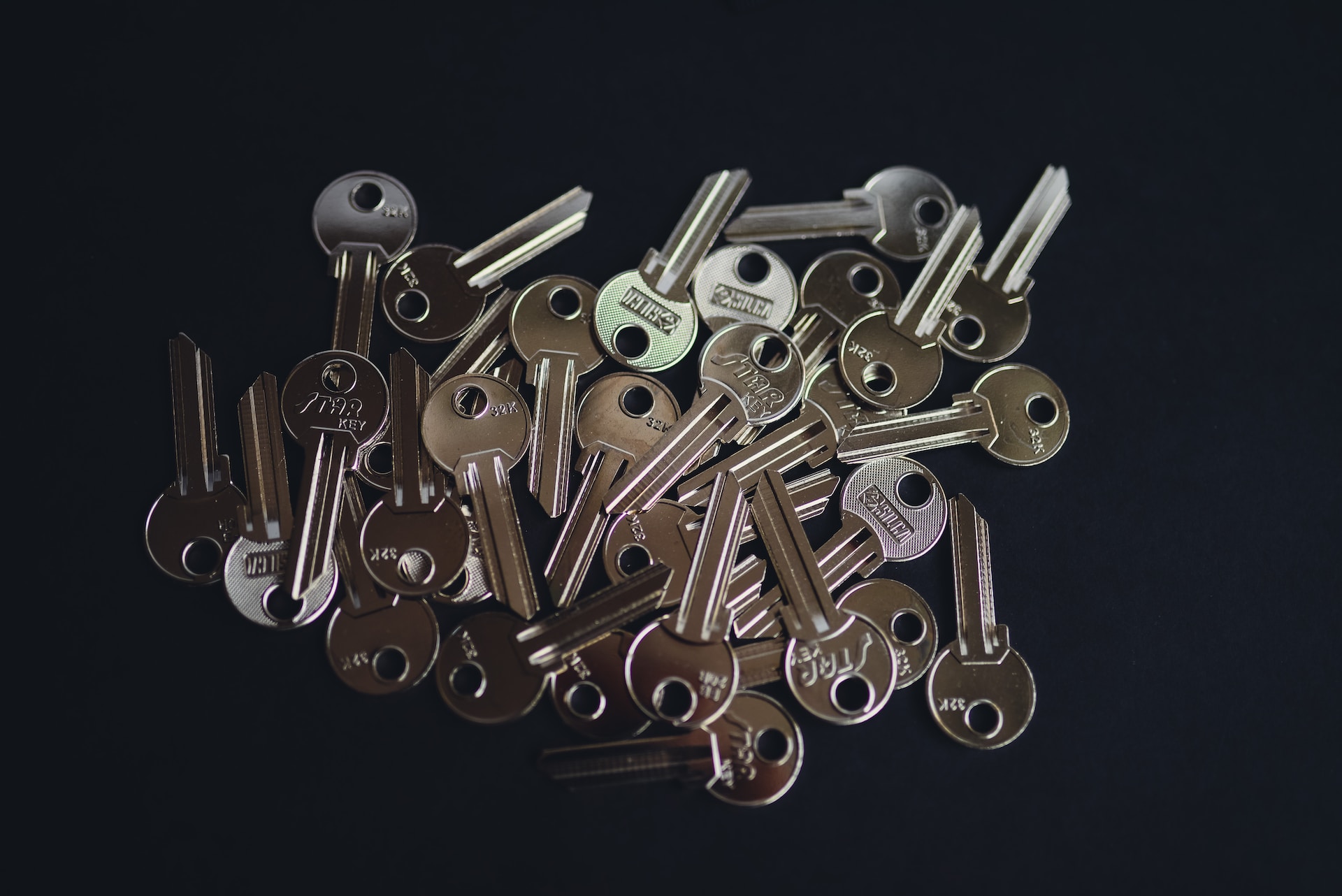Is your personal data available on the black market?

The internet has become an essential part of our lives, and we use it for everything from online shopping to socializing with friends and family. But as we store more personal information online, the risk of our data being compromised also increases. The black market is a thriving marketplace for stolen data, and your personal information may already be available there. In this post, we will explore the risks associated with the black market and provide tips on how to protect your personal data.
Is My Personal Data Available on the Black Market?
Unfortunately, the answer is most likely yes. Hackers and cybercriminals are constantly seeking new ways to steal personal data and sell it on the black market. According to a recent report by security company Norton, personal data such as email addresses, credit card information, and social security numbers are readily available on the black market for a relatively low price.
While it may be impossible to prevent your personal data from being stolen, there are steps you can take to reduce the risk of it being sold on the black market.
How to Protect Your Personal Data
Use Strong Passwords
One of the most important steps you can take to protect your personal data is to use strong passwords. Use a combination of upper and lowercase letters, numbers, and special characters. Avoid using easily guessable passwords, such as your birthdate or the name of a pet. Use different passwords for each of your online accounts.
Enable Two-Factor Authentication
Two-factor authentication (2FA) provides an extra layer of security by requiring a second form of authentication, such as a text message or fingerprint, in addition to your password. This can significantly reduce the risk of your personal data being stolen.
Be Cautious of Phishing Scams
Phishing scams are a common way for hackers to steal personal data. Be cautious of emails or messages that ask for personal information, such as login credentials or credit card numbers. Always verify the legitimacy of the request before providing any personal data.
Use a Virtual Private Network (VPN)
A VPN encrypts your internet connection and hides your IP address, making it more difficult for hackers to steal your personal data. Use a VPN whenever you connect to public Wi-Fi networks or when accessing sensitive data.
Keep Your Software Up to Date
Keeping your software up to date is critical in protecting your personal data. Software updates often include security patches that address known vulnerabilities. Make sure to keep your operating system, antivirus software, and other applications up to date.
Conclusion
Your personal data may already be available on the black market, but by taking proactive steps to protect it, you can reduce the risk of it being sold or used for fraudulent purposes. Use strong passwords, enable two-factor authentication, be cautious of phishing scams, use a VPN, and keep your software up to date. By following these simple tips, you can protect your personal data and enjoy a safer and more secure online experience.




